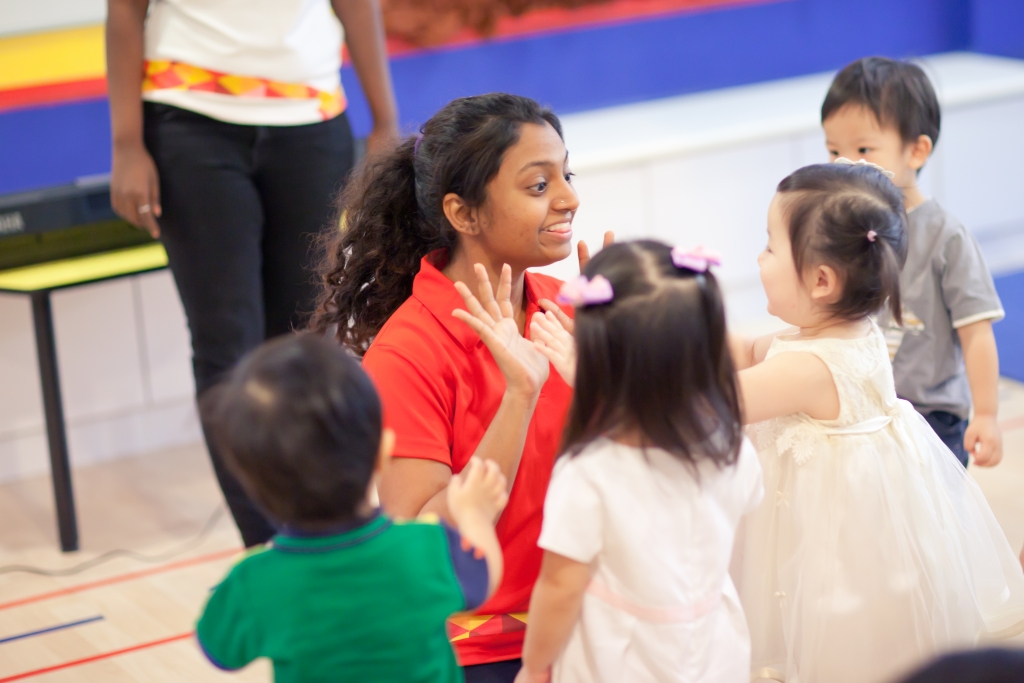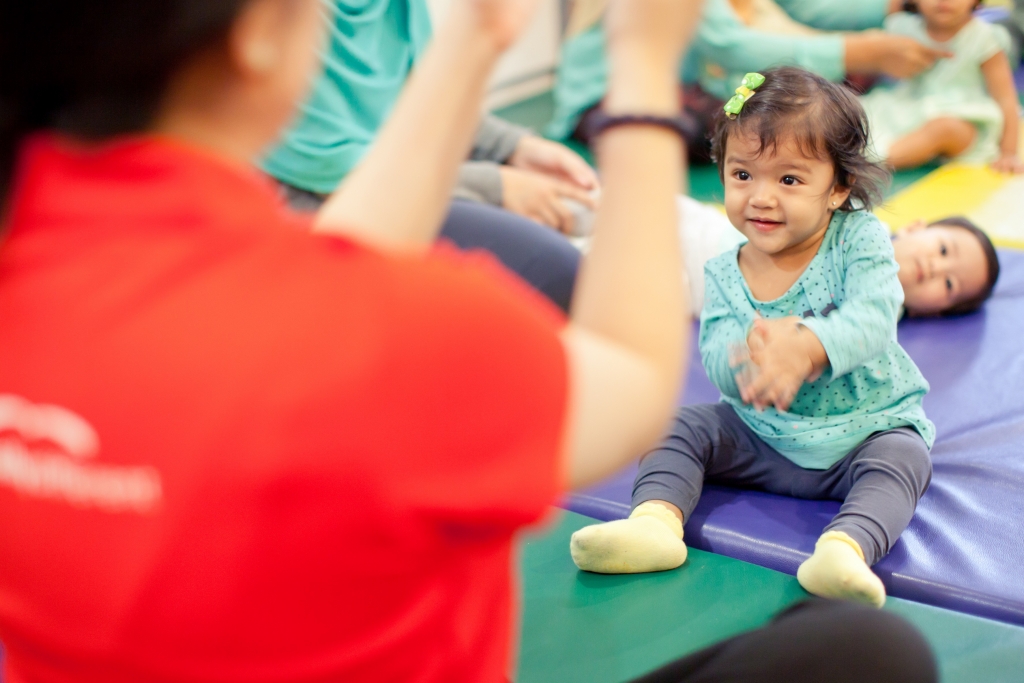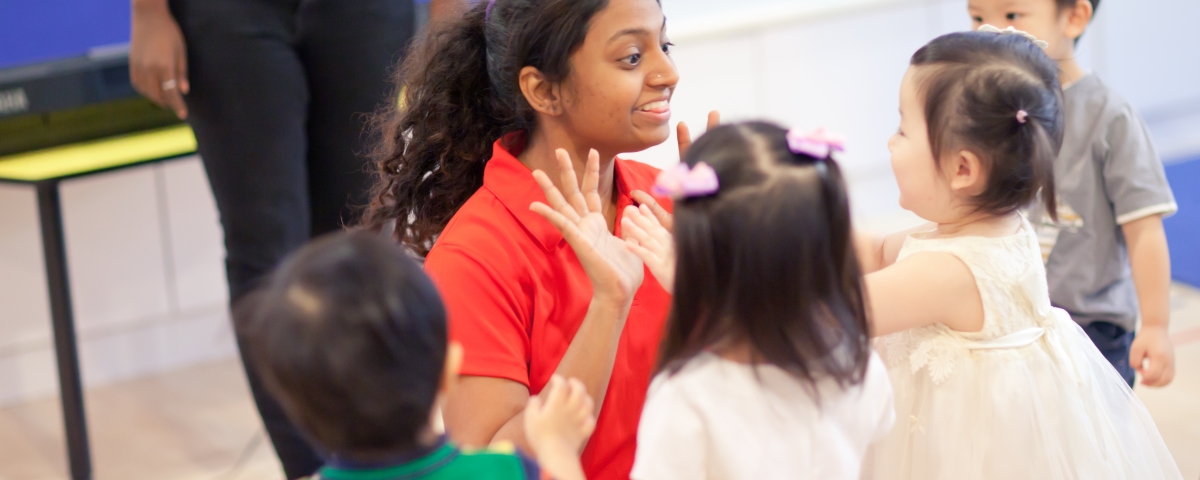Coping with Separation

Understanding Misbehaviour in Children
December 14, 2018
Parenting Tips: Toilet Training
February 28, 2019
It is natural that we all feel a little unsure or anxious when we are separated from our loved ones; and for young children, this feeling often occurs when they enter into an independent school programme. People handle the feeling of separation in different ways. For young children, fear of separation is a part of development and often occurs up to the age of 3 years old. For some children, separation anxiety can continue for longer.
Children cry or are anxious because they are unsure of what is happening – Will you return? Where are you going? What will they do whilst you are away? It is also not uncommon for children to cry only when they see you returning even if they have been perfectly fine with your absence.
Children can react to separation differently in different settings, with different people and even from day to day. Factors that can contribute to more anxiety include: feeling tired, being ill, changes in routine, changes in caregivers and so on.

Here is some useful tips:
- Be supportive of your child – do not scold them or make fun of them. Do not compare them to other children, some children will settle quickly while others will take longer.
- Do not dwell on negative – instead of talking about not crying, talk about what they will be doing. Refer to you child’s timetable so that you can pick out something they will enjoy to talk about. Talk about school in a positive way.
- Some children need a physical link between home and school – it is common for the children to initially hold onto an object of comfort, be it a water bottle or a toy. Let your teacher know what will help your child feel secure.
- When leaving, give your child a kiss, a hug and a goodbye – let them know who will be coming to pick them up. Do not linger with 100 kisses or do not merely “sneak away”.
- Young children do not have a strong concept of time – instead of saying “I will be back at 2 o’clock”, let them know the activity that is at the end of the session “I will be back after playground.”.
- Leave with a positive mind – trust you child’s teachers to care for your child, comfort them and in many cases distract them into becoming involved in play or an activity. If you are anxious and concerned, your child will pick up on it and they will feel less secure. An important factor in being positive is in the tone of your voice that you use – speak calmly and concisely so that your child will feel more reassured.
- At the end of the day, avoid asking the teacher “How long did he cry for?” in front of you child. This builds up a picture of that being the most important thing for your child. Instead, focus on greeting your child. The class teachers will let you know how your child is settling.
- By the end of their day, your child will naturally be tired. They may not want to talk about school. Asking them “What did you do today?” is often met with no response. For a young child, it is a really big question; so many things happen at school, are you really asking for it all? Think about specific areas that you can ask – “What painting did you do?” “What did you eat for snack?” “Did you play with ……?”. Gather information as you go so that you can use it in your conversations (e.g. the names of the children in class, the toys in the classrooms etc.)
- Maintain your regular routines that you have established – getting enough sleep, having story time etc. are important for the child.
- Do not send you child to school if they are unwell. They are likely to be more anxious and less engaged.
Be assured, that some level of separation anxiety is common for children. Typically, a young child takes a few weeks to settle into a routine. Settling children into school is a team effort – parents, class teachers and the other teachers in the centre.

